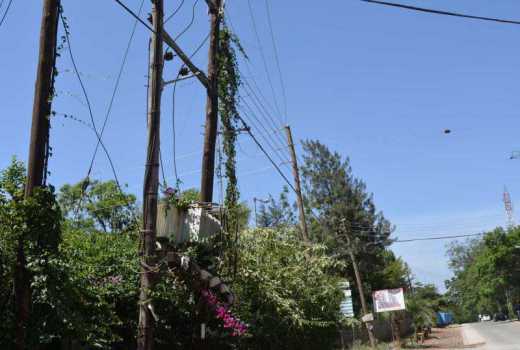×
The Standard e-Paper
Join Thousands Daily

Sometimes you really don’t know whether to laugh or cry. Typically, when you are faced with this dilemma, the answer is to do both.
Many things in this world are both happy and sad. Death for example.